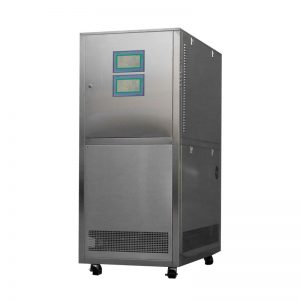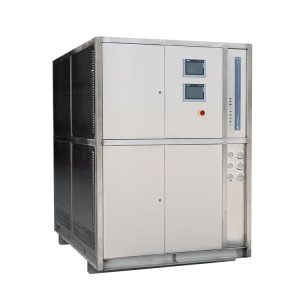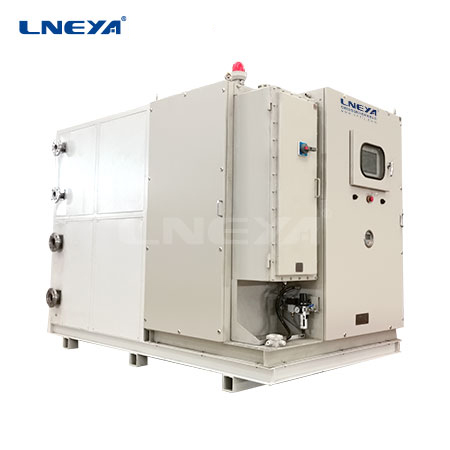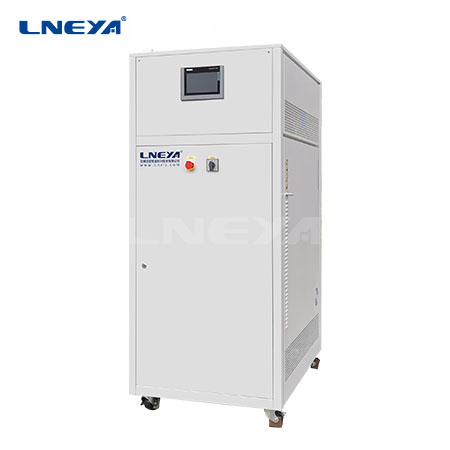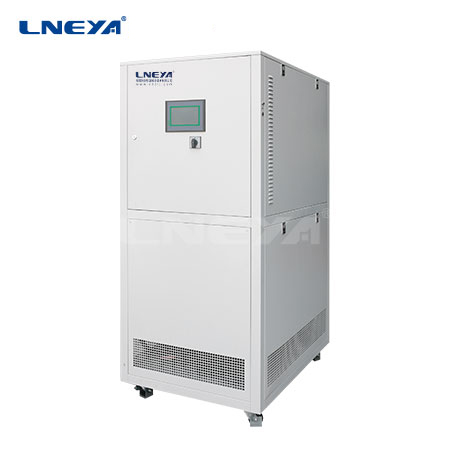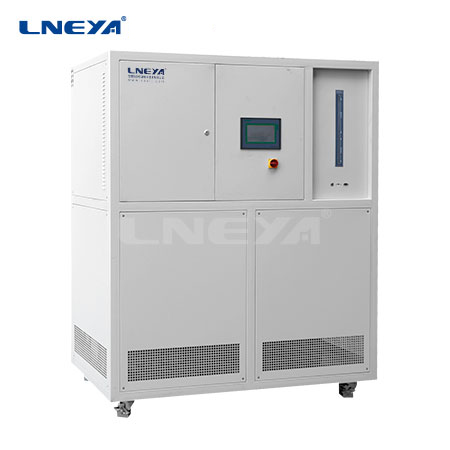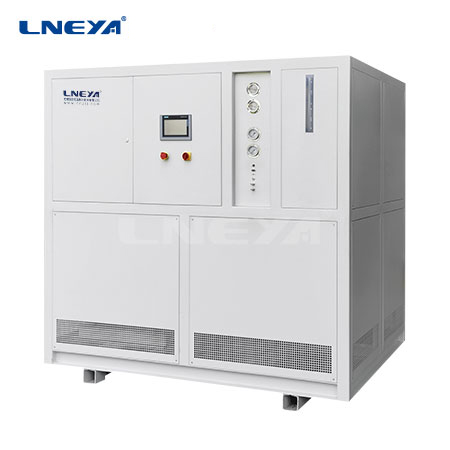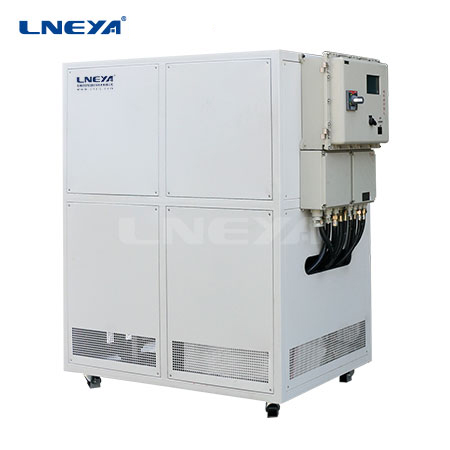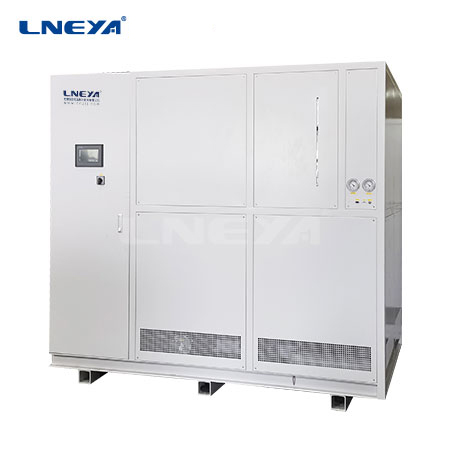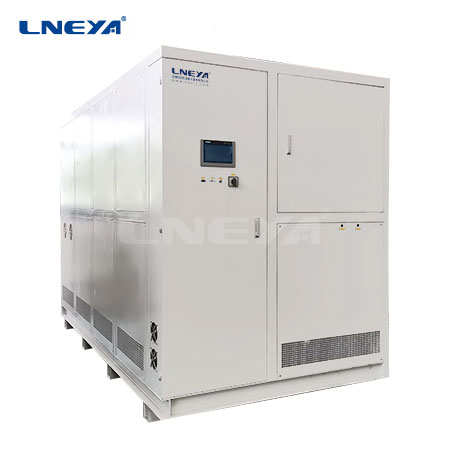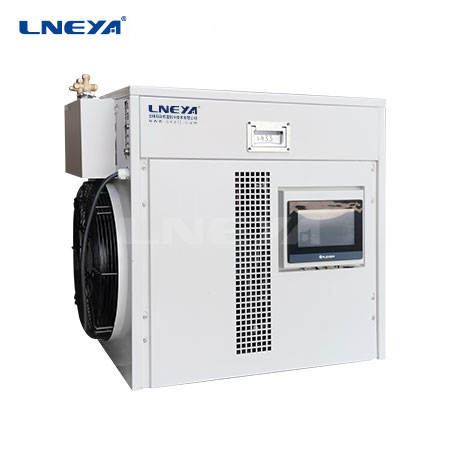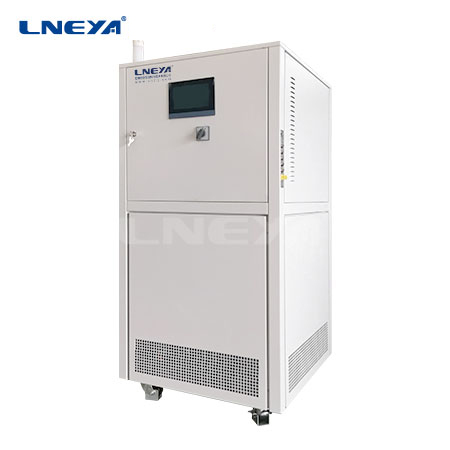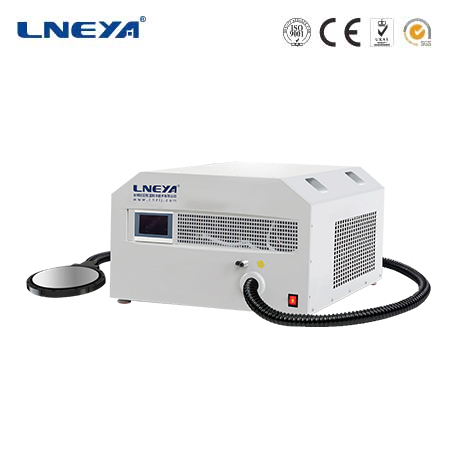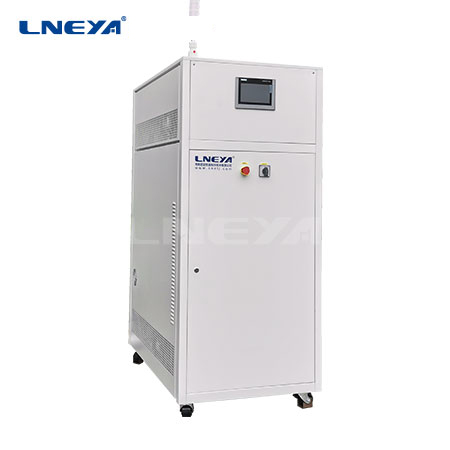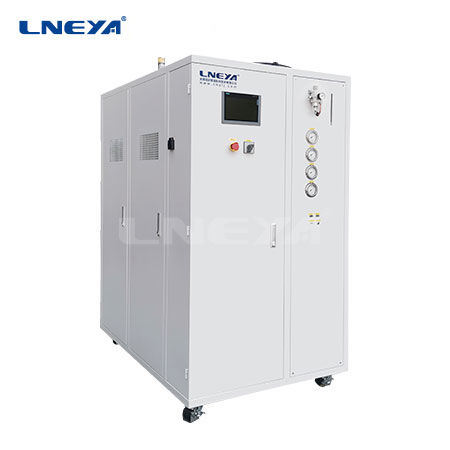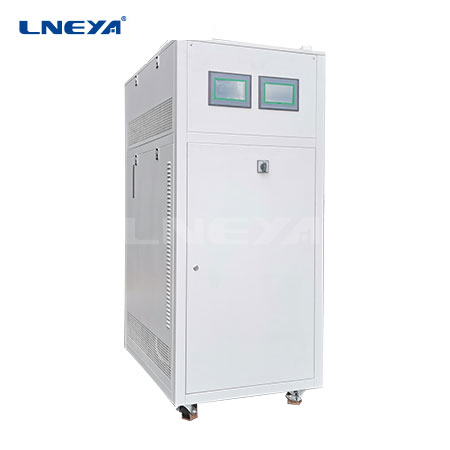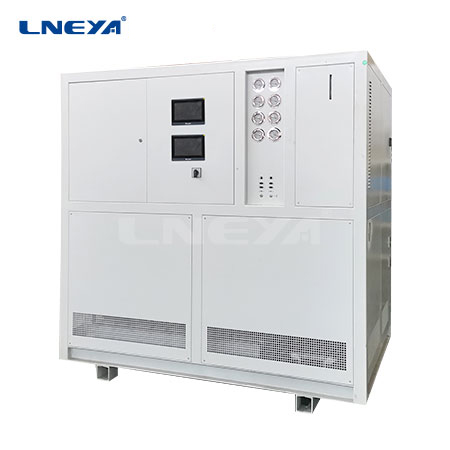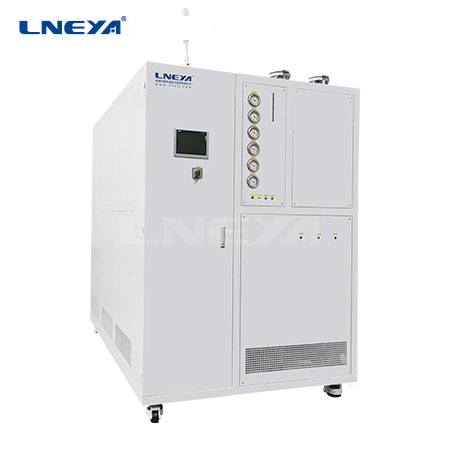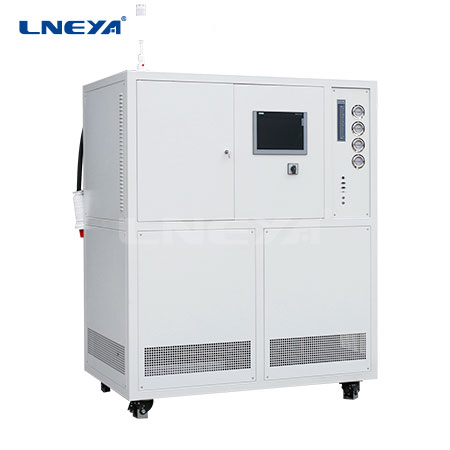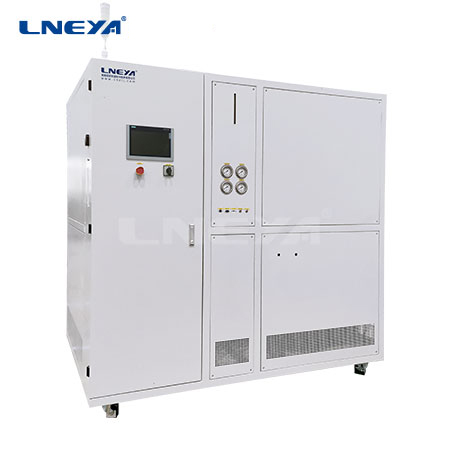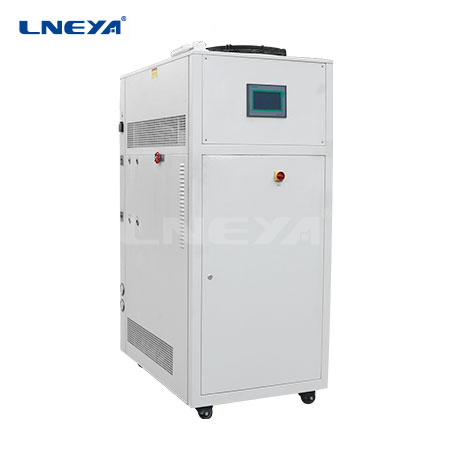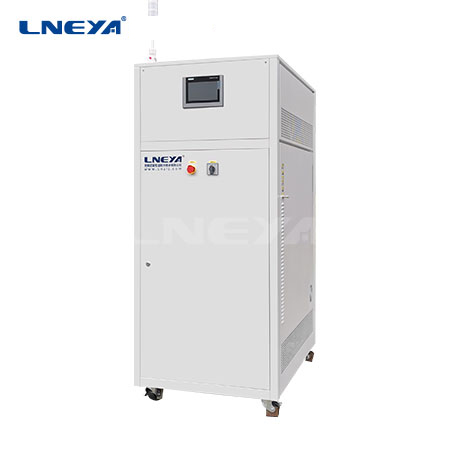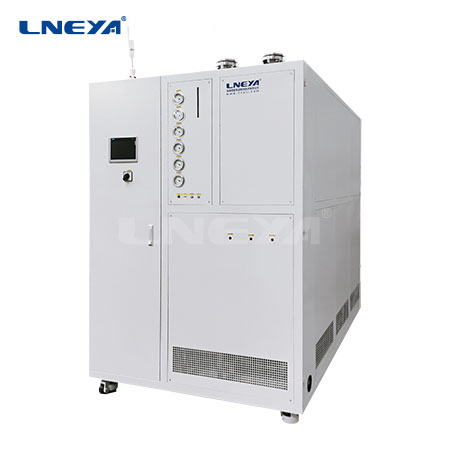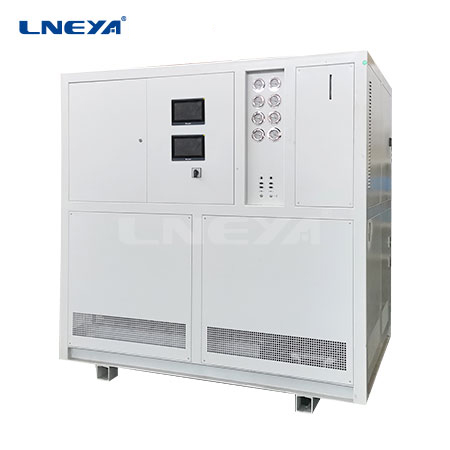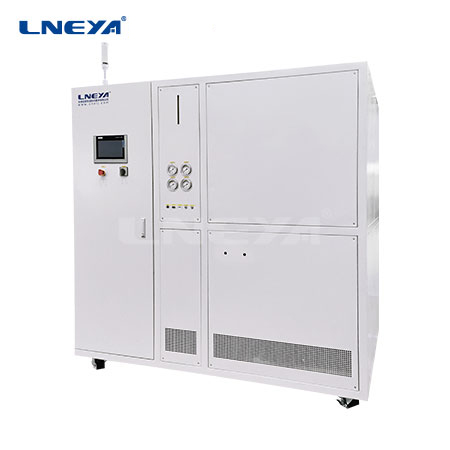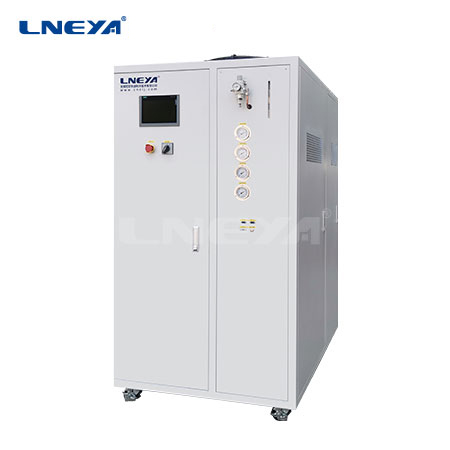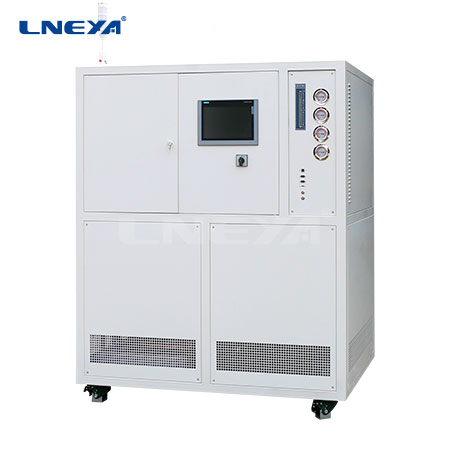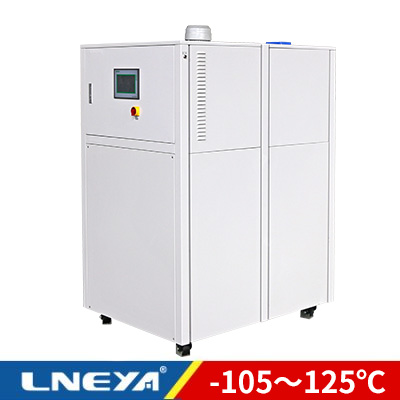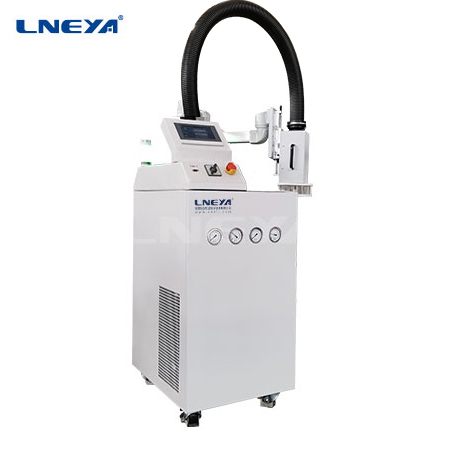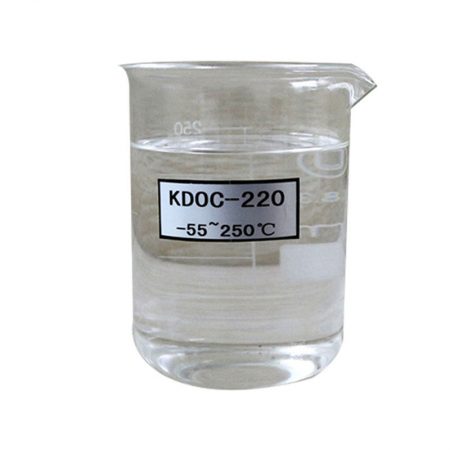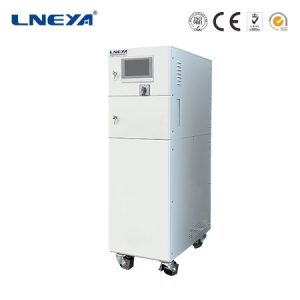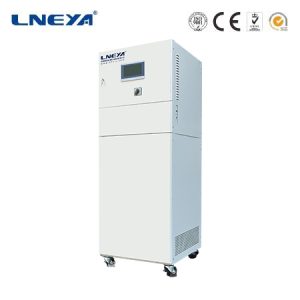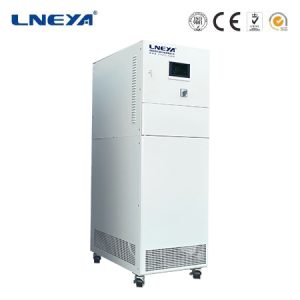Understanding the 80-Ton Chiller: A Comprehensive Guide
In the realm of large-scale heating, ventilation, and air conditioning (HVAC) systems, the 80-ton chiller stands as a significant piece of equipment. This chiller is designed to provide substantial cooling capacity, making it ideal for industrial and commercial applications where high cooling demands are the norm. An 80-ton chiller is capable of removing 80 tons of heat per day, equivalent to 96,000 British Thermal Units (BTUs) per hour, which is a substantial amount of cooling power.

Key Features and Performance
The performance of an 80-ton chiller is influenced by several factors, including the type of refrigerant, the compressor technology, and the control systems. Modern chillers are designed with energy efficiency in mind, utilizing advanced refrigerants that have a lower Global Warming Potential (GWP) and are more environmentally friendly. The compressor, which is the heart of the chiller, can be of various types, including reciprocating, screw, or centrifugal, each with its own advantages and applications.
Control systems have evolved to include intelligent features that optimize the chiller’s performance, reduce energy consumption, and provide remote monitoring capabilities. These systems can adjust the chiller’s operation based on the load demand, ensuring that the equipment runs at its most efficient point.
Anwendungen
The 80-ton chiller finds its place in a variety of applications due to its high cooling capacity. It is commonly used in large commercial buildings such as office complexes, shopping malls, and hotels, where the cooling load can be substantial. Industrial applications include manufacturing facilities, data centers, and laboratories that require precise temperature control. Additionally, these chillers are used in the food and beverage industry for refrigeration purposes.
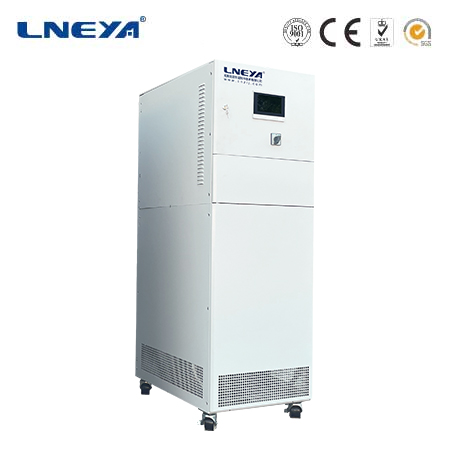
Maintenance and Lifespan
Proper maintenance is crucial for the longevity and efficiency of an 80-ton chiller. Regular inspections and servicing can prevent small issues from becoming major problems. Maintenance tasks include cleaning the condenser and evaporator coils, checking the refrigerant levels, and ensuring that the compressor and other moving parts are lubricated and functioning correctly.
The lifespan of an 80-ton chiller can vary depending on the quality of the unit, the environment in which it operates, and the maintenance it receives. On average, a well-maintained chiller can last for 15 to 20 years, providing reliable cooling for a long period.
Environmental Considerations
The environmental impact of chillers is a significant concern, particularly with the use of refrigerants that have a high GWP. As a result, there has been a shift towards using more environmentally friendly refrigerants, such as R-410A and R-134a, which have lower GWPs. Additionally, the development of chillers with variable frequency drives (VFDs) has allowed for more energy-efficient operation, reducing the carbon footprint of these systems.

Conclusion
The 80-ton chiller is a powerful piece of equipment designed to meet the cooling demands of large-scale applications. Its performance is influenced by the choice of refrigerant, compressor technology, and control systems. With proper maintenance and the use of environmentally friendly practices, these chillers can provide efficient and reliable cooling for many years. Understanding the technical aspects and environmental considerations of an 80-ton chiller is essential for those involved in the installation, operation, or maintenance of these systems.
 LNEYA
LNEYA
 简体中文
简体中文










